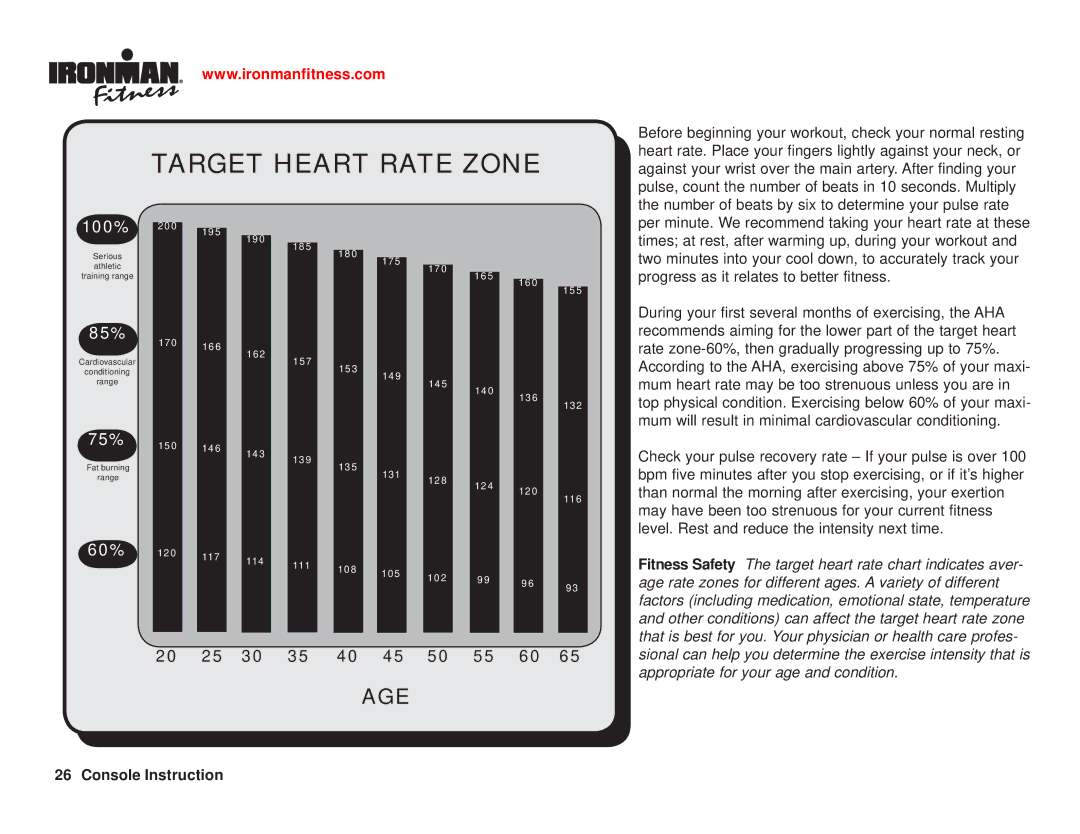Ironman series specifications
The Ironman series stands as a pinnacle of endurance sports, renowned globally for its challenging combination of swimming, cycling, and running. Founded in 1978, the series has evolved dramatically, becoming a symbol of human resilience and determination. With events held in various stunning locations worldwide, participants are drawn not only by the physical challenge but also by the opportunity to experience breathtaking landscapes.One of the main features of the Ironman series is its rigorous format. Competitors face a 2.4-mile (3.86 km) swim, followed by a 112-mile (180.25 km) bike ride, and completed with a 26.2-mile (42.20 km) marathon run. Each race must be finished within a strict time limit, typically 17 hours, creating a thrilling atmosphere filled with intense competition and camaraderie among athletes.
The technologies deployed in Ironman events play a crucial role in enhancing performance and safety. Advanced timing systems ensure accurate tracking of each athlete's progress throughout the race. Many competitors utilize cutting-edge gear, including tri-suits designed for optimal aerodynamics and comfort, specialized racing bikes equipped with lightweight materials, and high-tech running shoes that provide superior cushioning and support.
Another notable aspect of Ironman events is the emphasis on nutrition and hydration strategies. Organizers supply athletes with energy gels, electrolyte drinks, and nutritional bars at various points along the course, ensuring that they maintain energy levels throughout the grueling competition. Additionally, pre-race seminars educate participants on nutrition, helping them devise effective fueling strategies for race day.
Ironman also prioritizes athlete safety, employing medical teams stationed throughout the course to assist competitors in need. Water safety personnel monitor the swimming segment closely, and bike route marshals help manage traffic and ensure a safe racing environment.
In recent years, the Ironman series has embraced inclusivity and accessibility, adapting rules to welcome athletes of varying abilities, including para-athletes. This commitment to diversity enriches the Ironman community, showcasing a shared passion for endurance sports.
In conclusion, the Ironman series offers a comprehensive blend of physical challenge, cutting-edge technology, and a supportive community. Its enduring legacy continues to inspire countless individuals to push their limits and embrace the spirit of competition, making it a revered event for athletes around the globe.

